5
- Webinar No WBNR 1199
- PDH Units: 2
No data found for Custom Course Number
No data found for Custom Course Units
5
- Webinar No WBNR 1199
- PDH Units: 2
Intended Audience:: Electrical Engineers
Credits: 2 PDH Units
When: Wednesday 5/7, 2 - 4 pm ET
Power Systems of the Future, Generation « End User
Challenges and Engineering Solutions
Power systems of the future will necessarily differ from power systems of the past, including generation, transmission and distribution systems. Global climate change resulting from excessive amounts of greenhouse gases in the atmosphere is at a critical stability point. Present (2024) levels of carbon dioxide are near 420 ppm. Climate scientists have estimated that levels somewhere between 425 and 440 ppm may result in irreversible temperature increase. In 2022, U.S. gross greenhouse gas emission levels were approximately 6600 million metric tons (MMT) of CO2 equivalent, while sequestering rates were only about 900 MMT [1]. The challenge is to reduce the greenhouse gas production level to below the sequestering rate in order to reduce overall GHG levels. In 2023, sectors primarily responsible for U.S. greenhouse gas production were transportation (38.6%), electrical generation (29.7%), industry (20%), commercial (5.2%) and residential (6.5%). Assuming a transition of transportation from fossil to electric, this implies that the electrical generation sector will require rapid reduction of greenhouse gas production. Fortunately, as will be shown, economics are very favorable to this transition. This webinar will present the challenges of greenhouse gas free electrical power production and the presently available solutions, along with future developments and economic analysis methods.Date: Wednesday May 7, 2025 . 2 - 4 pm ET
Credits: 2 PDH Units
Learning Objectives
At the successful conclusion of this course, you’ll be able to identify and discuss:- Identify major sources of greenhouse gas emissions,
- Understand the role of electrical generation in reduction of overall greenhouse gas emissions,
- Understand the cost and economic ramifications of adopting renewables,
- Understand specific actions that will likely be taken at the user, distribution, transmission and generation levels to minimize greenhouse gas emissions in the electrical and transportation sectors,
- Understand specific actions at the user, distribution, transmission and generation levels that will be necessary for maintaining grid stabilization.
- Understand the wide range of energy storage options and how to evaluate the Levelized Cost of Storage for a proposed energy storage system.
- Understand the codes, standards, regulations and regulatory agencies that are currently in place to coordinate the creation of a stable, affordable and renewable energy future.
- https://www.planete-energies.com/en/media/article/electricity-generation-and-related-co2-emissions
- https://solarisrenewables.com/blog/what-is-the-carbon-footprint-of-solar-panel-manufacturing/
- Other references noted in slides.
Group Discounts Available
Course Reviews
5
5
2 ratings - 5 stars2
- 4 stars0
- 3 stars0
- 2 stars0
- 1 stars0
Once completed, your order and certificate of completion will be available in your profile when you’re logged in to the site.
Ethics Courses
Webinar No WBNR 1199
PDH Units: 2


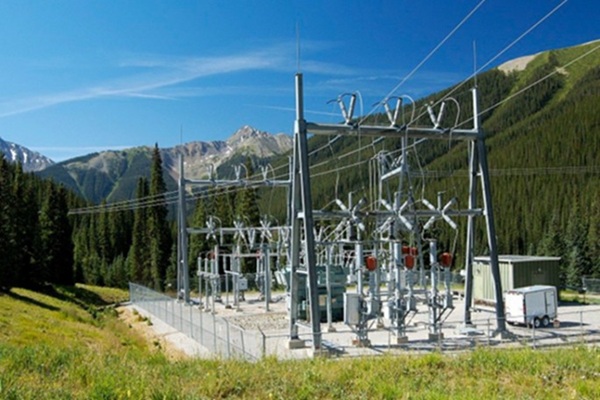

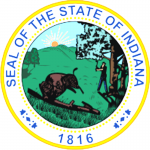
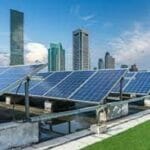

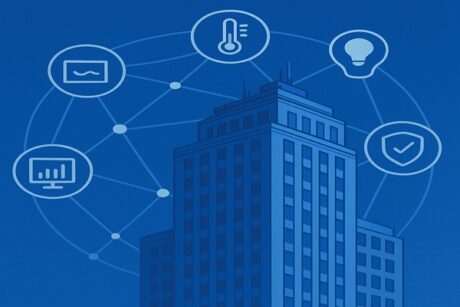
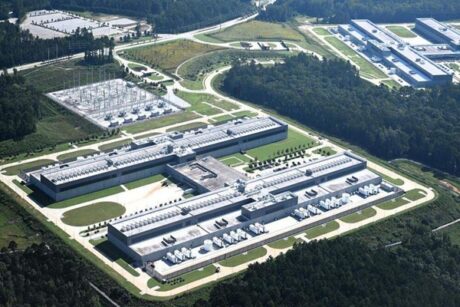

Provided an interesting and engaging discussion about the challenges in reducing CO2 in the energy sector as well as the opportunities to address these challenges with the latest electrical technologies such as power control systems, load management, energy storage, and renewables.
very applicable for my industry, thank you